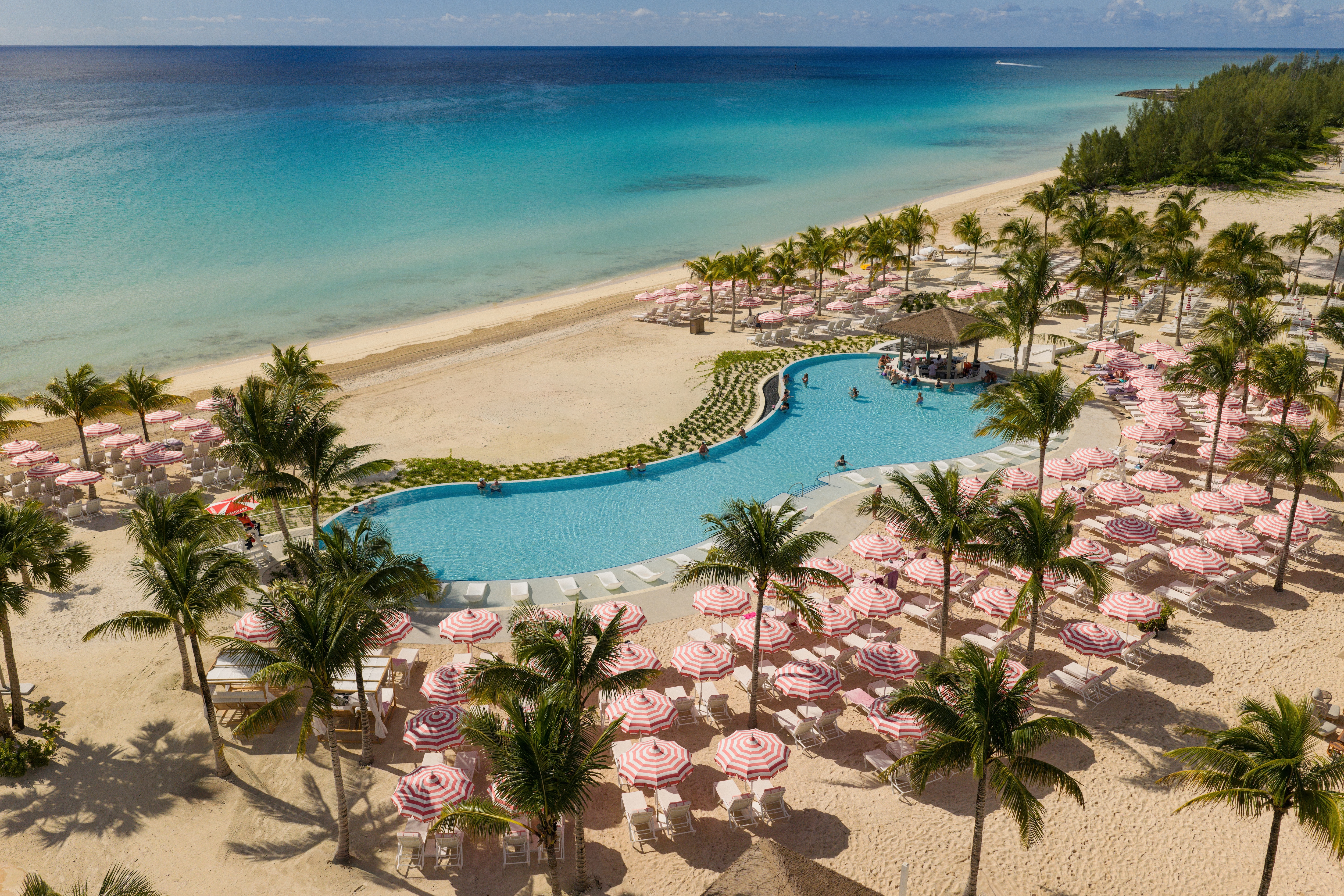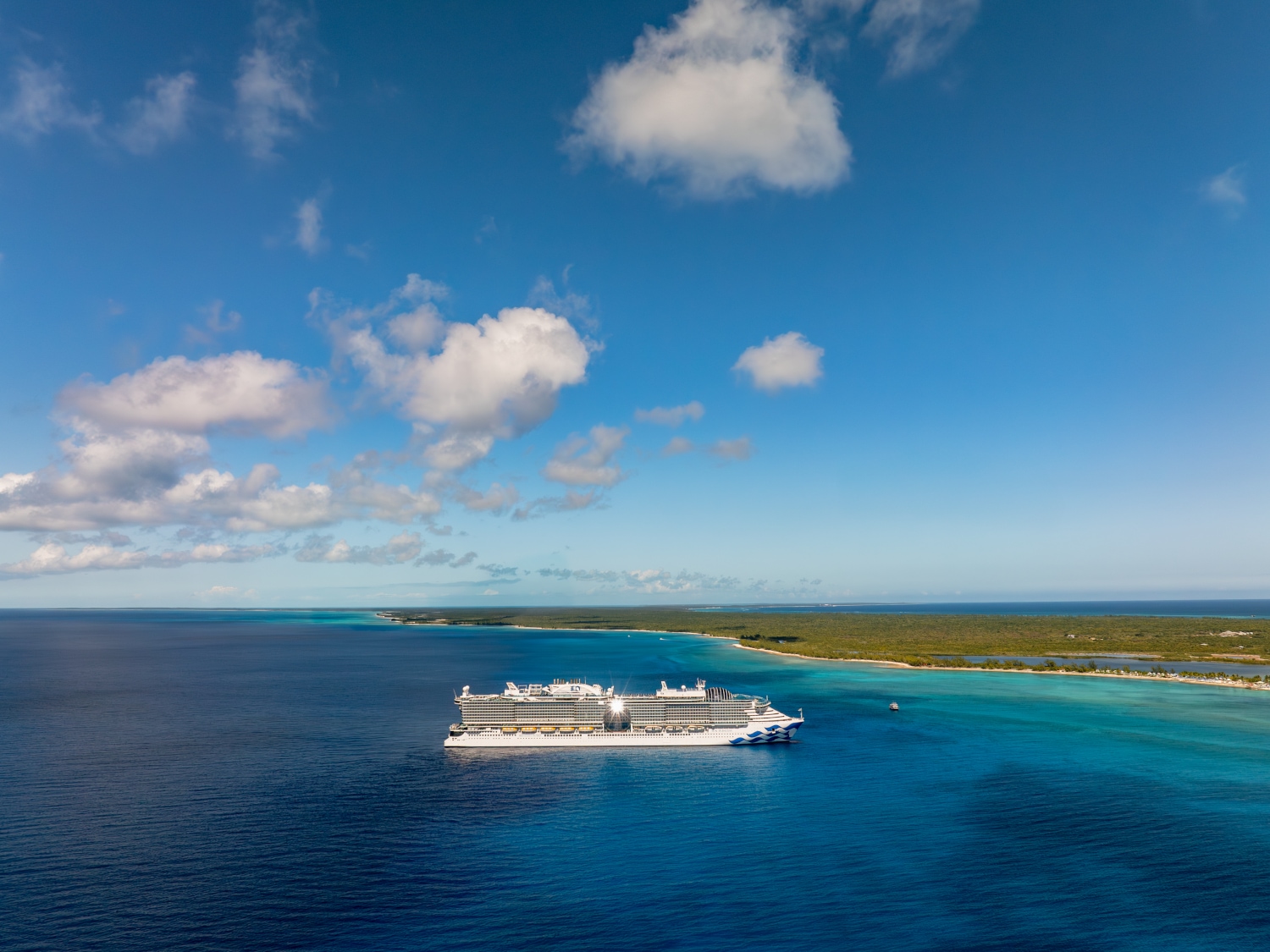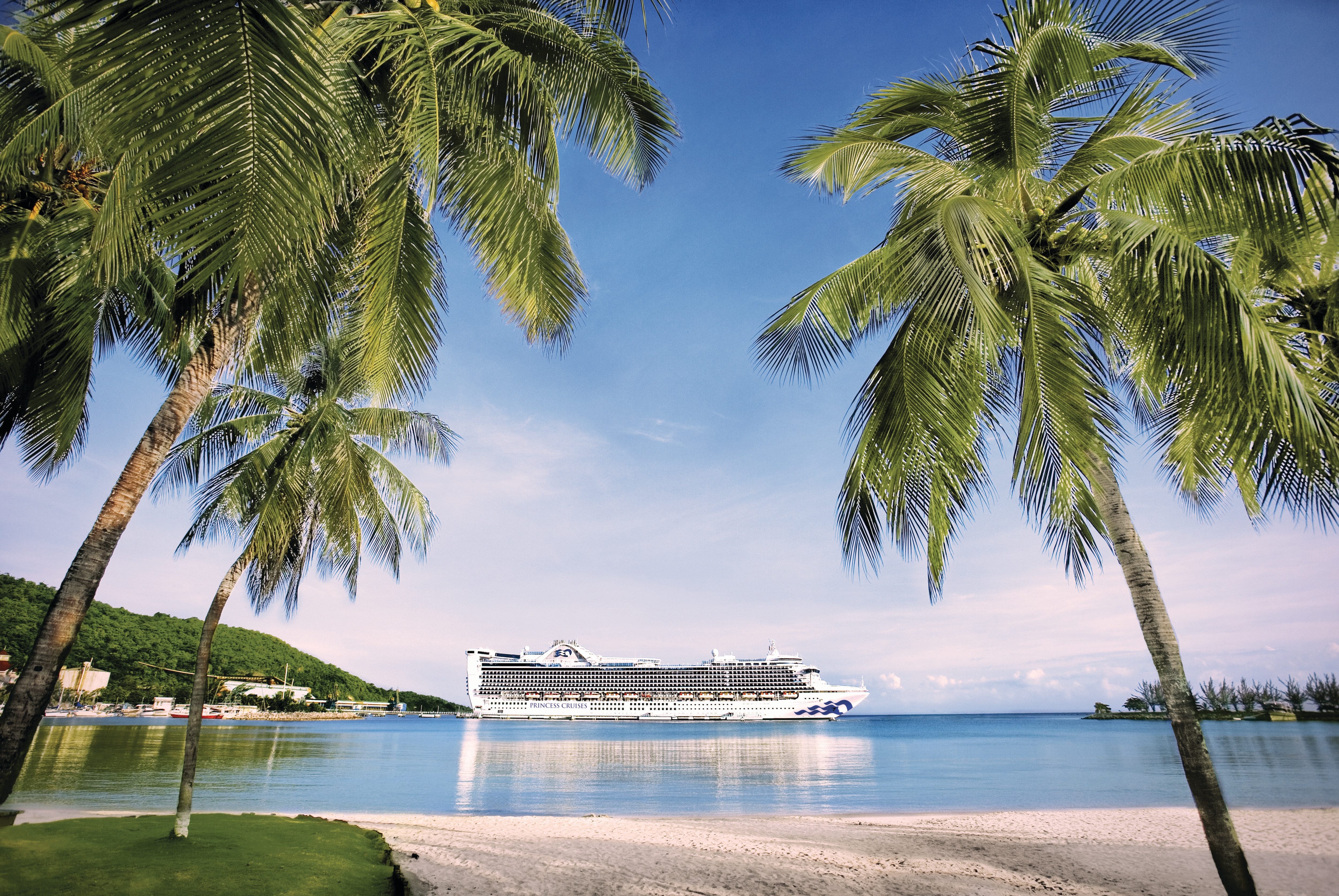Panama Cruises Trivia: 5 Facts You Should Know About The Panama Canal
Sure, you've heard of the Panama Canal, but how much do you know about its remarkable history? If you're thinking about Panama Canal cruises, there's no better time to check out this man-made marvel: 2014 marks the 100th anniversary of the Panama Canal's opening. Here's what makes the canal such an astonishing feat of engineering.
- It's a seafarer's shortcut
This 50-mile-long waterway saves ships traveling between New York and San Francisco 7,872 miles by cutting through the Isthmus of Panama. In addition, it's safer: The canal allows ships to dodge the notoriously dangerous waters of Cape Horn in South America. - It has a legendary lock system
It took 4.5 million cubic yards of concrete to make the locks and dams of the canal, and more than 60 million pounds of dynamite to excavate and construct it. Among its many facets, the canal's lock system is one of the most impressive. With a series of seven-foot-thick gates separating the locks, the system lifts cruise ships 85 feet high to the level of the canal and then back down to sea level — a massive engineering feat for the time. - It's the result of incredible sacrifice
Between 1904–1913, more than 5,000 workers lost their lives constructing the Panama Canal — the result of everything from on-site accidents to malaria. An estimated additional 20,000 workers died during French attempts to build the canal during the 19th century. - It's truly Panama's canal — at long last
During the 1800s the US Congress wanted to build the canal in Nicaragua but was convinced to build it in Panama by vociferous engineers, most notably George Shattuck Morison. In 1902 the US government authorized purchase of the French assets to build the canal; construction was completed in 1914. Although the US built and ran the Panama Canal for almost a century, they transferred control of the canal to Panama in 1999. - It still plays a vital role in transportation today
Between 13,000 and 14,000 ships use the canal every year. Some $1.8 billion in tolls are collected annually for use of the canal, and it can cost larger ships as much as $450,000 to pass through.



